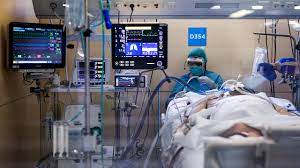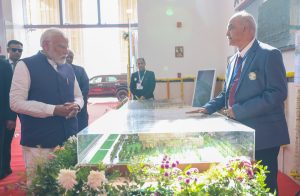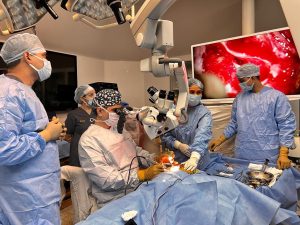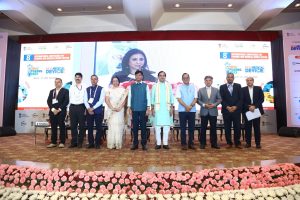Covid-19 delayed treatment of other ailments: Survey


NEW DELHI: High concern for patients with Covid-19 infections resulted in a delay in treatment of people with non-Covid ailments, finds a survey by NATHEALTH, a healthcare industry body.
The survey “Impact of Covid-19 on patient behaviour towards accessing healthcare facilities,” involved 2,134 patients from across India, between January and February 2021.
The results showed that 57 per cent patients cancelled/postponed/rescheduled their treatment plan during the period of March-December 2020. About 34 per cent of OPD patients cancelled or rescheduled their visits to the hospitals, while 100 per cent of the elective surgery patients cancelled/postponed/rescheduled their surgeries.
Among patients who cancelled/postponed their treatment, 62 per cent believe that their health condition has been negatively impacted, and 82 per cent patients wished to reschedule/return to their treatment plan by June 2021
“In the last few weeks, continued focus on Covid tests and treatments have reduced attention on noncommunicable diseases, non-Covid surgeries, treatments and consultations by private healthcare providers. It is vital for healthcare delivery centres to communicate to patients to not delay their treatment and avail non-Covid services related to tests, screenings and consultations,” Harsh Mahajan, President, NATHEALTH and Founder andA Chief Radiologist, Mahajan Imaging, said in a statement.
About 50 per cent patients engaged in tele-consultations with their healthcare providers during the complete lockdown phase, while only 2 per cent patients opted for home healthcare services.
“A delay will only lead to further health complications in the midst of the ongoing pandemic by resulting in another catastrophe. Patients must be made aware that they can opt for e-consults and professional at home healthcare services,” Mahajan said.
The survey also suggested adopting data intelligence algorithm processes to help prioritise patient needs. It also argued the need to make zero contact consultations more common.
Source: IANS




